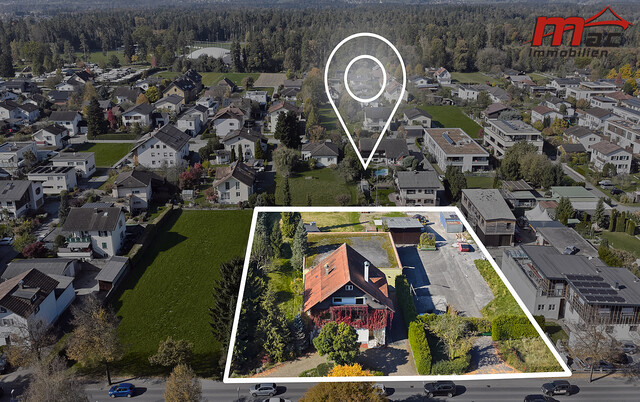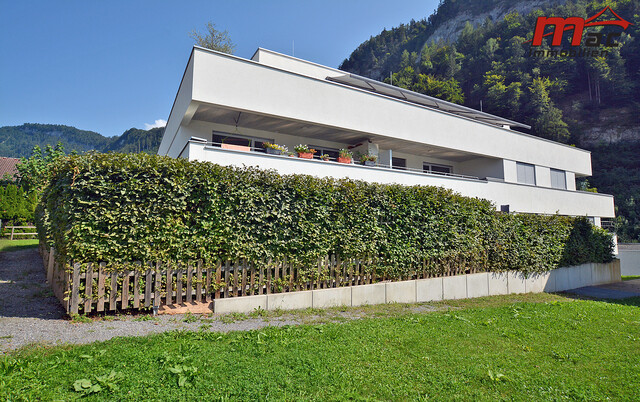Two-thirds of Austrians Expect Negative Consequences from Climate Crisis

According to Christoph Hofinger from Foresight, the climate issue remains present despite crises such as war and inflation, even if it is less in the spotlight. A survey in spring 2025 with 1,000 participants each from Austria and Germany shows that despite controversial discussions, such as those about climate activists, there is a common ground among the population.
Few Differences in Austrians' Concerns About the Climate Crisis
68 percent of Austrians and 62 percent of Germans expect "rather negative" or "very negative" impacts from climate and environmental burdens on their personal living conditions. However, according to the survey, there is almost no difference in negative expectations between the "urban" (67 percent) and "rural" areas (71 percent) in this country. "The issue connects more across urban-rural boundaries than it polarizes," says Hofinger.
For 75 percent of Austrians, "combating climate change and environmental pollution" is either "very" or "quite" important, with the youngest participants (16 to 29 years) leading the category at 83 percent - followed by the oldest surveyed age group (60 to 75 years). Hofinger attributes this to a solidarity between young and old, partly due to "legacy attitudes." The generation aged 50 to 59 years forms the tail end, with 69 percent finding climate protection important.
According to the Foresight survey, 63 percent of respondents can understand "that other people sometimes have a different opinion on the topic of climate change." 79 percent agree with the statement that one should not only think of oneself when it comes to climate protection. "Our criticism of climate communication in recent years has repeatedly been that this great potential for empathy is not being tapped," says study co-author Hofinger.
Climate Crisis: Austrians Satisfied with Local Climate Policy
Austrians and Germans are most satisfied with local climate policy: 49 percent of the domestic population and 42 percent in our neighboring country find the measures in their community or city "just right." On a national level, the values drop to 34 and 27 percent, respectively. The greatest dissatisfaction in both countries is with international climate policy - 76 percent of Austrians and 69 percent of Germans feel that "too little" is being done worldwide against climate change.
While there are hardly any differences between the countries in terms of climate issues, there are differences in sympathy towards institutions and NGOs. Germans are more skeptical here. In the Alpine Republic, 43 percent of people trust NGOs, while in Germany it is only 27 percent. Federal President Alexander Van der Bellen receives 44 percent trust in the survey, while his German counterpart Frank-Walter Steinmeier receives 34 percent. Both countries trust the EU the least. It is 36 percent in Austria, 31 percent in Germany. However, 92 percent trust the Austrian, and 84 percent the German emergency services.
(APA/Red)
This article has been automatically translated, read the original article here.
Du hast einen Hinweis für uns? Oder einen Insider-Tipp, was bei dir in der Gegend gerade passiert? Dann melde dich bei uns, damit wir darüber berichten können.
Wir gehen allen Hinweisen nach, die wir erhalten. Und damit wir schon einen Vorgeschmack und einen guten Überblick bekommen, freuen wir uns über Fotos, Videos oder Texte. Einfach das Formular unten ausfüllen und schon landet dein Tipp bei uns in der Redaktion.
Alternativ kannst du uns direkt über WhatsApp kontaktieren: Zum WhatsApp Chat
Herzlichen Dank für deine Zusendung.








